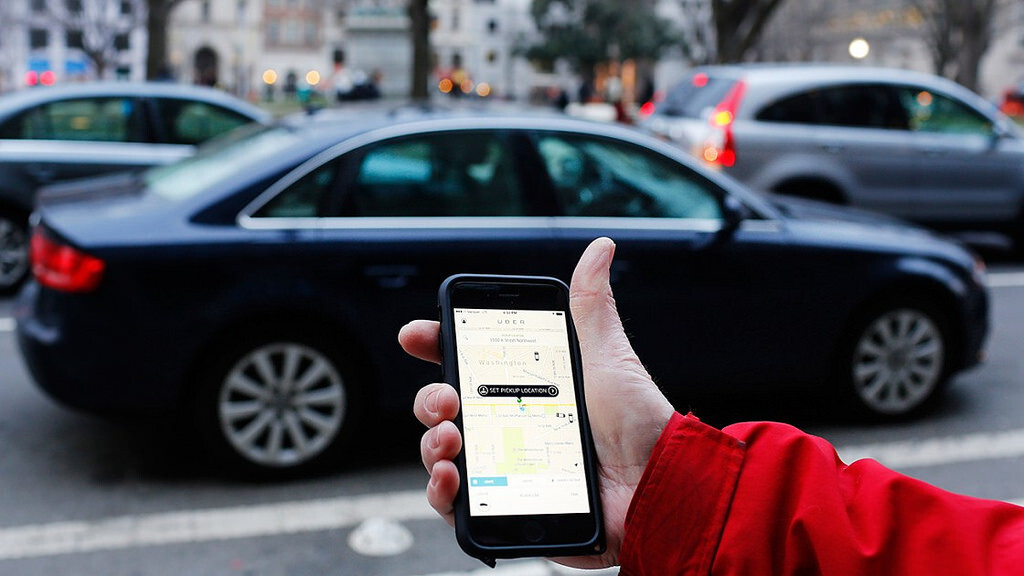
A couple of weeks ago, I used Uber for the first time. I’ve written about Uber extensively for work, and I have an academic understanding of how the app works, but I’ve never used it for myself before. There are two reasons for that: Until recently, Uber wasn’t allowed in the city where I live. Also, I own a car, and prefer to drive. I don’t have much of a use for Uber. Despite knowing about the company’s poor reputation, I liked it, and I understand why people use it.
When I touched down in Long Beach, California for TwitchCon a few weekends ago, I’d originally intended to install both Uber and Lyft and give them both a try in the interest of adventure. But my boyfriend’s plane landed about 20 minutes early, and I had only managed to set up my Uber account before we joined the surging masses eager to reach our hotel.
I took my first Uber at that point because I wasn’t about to stand in a throng of 150 people outside of a tiny airport, fiddling with my phone while trying to remember my credit card’s CVV. And after that, in the rush that was TwitchCon, I continued to use Uber mostly because I was lazy and it was already on my phone — or at least, that was the reason at first.
In my time at TNW, I’ve read and written a lot about Uber. Not much of it was wholly positive. Uber’s had a rough year, and it seems new allegations about some scandal or problem at the company arise weekly. So, with all that I know about the company, my sentimental side says I should have expected a bad time, or not used the app at all on principle. But I did anyway, and I was far from the only convention attendee who did so.
Knowing that Uber is a convenient app to use and actually taking advantage of that convenience are two different things. It was mind-blowing how easy it was. The drivers were pleasant, almost to a fault. While nothing would induce me to condone the company’s behavior, it was easy to be seduced into forgetting it when I was really in a hurry to get somewhere, which was almost all the time.
So I began to wonder: all of Uber’s faults and its flawed culture — where it underpays drivers, spies on readers, and maintains a toxic internal environment — does any of it matter when the product is good? Were these flaws what created the good product? How much does the average person care while trying to get somewhere at three a.m. and the person driving them is offering water and lollipops?
Going by Uber’s growth rates over the past year, I’m far from the only one who uses it in spite of its flaws. According to financials reported by Axios in August, the number of trips taken via Uber has risen by 150 percent over last year.
If one can’t separate a quality product from the problematic company that created it, then at a certain point, does convenience override righteous indignation? It did for me, and I understand now why so many riders feel the same way.
Get the TNW newsletter
Get the most important tech news in your inbox each week.





